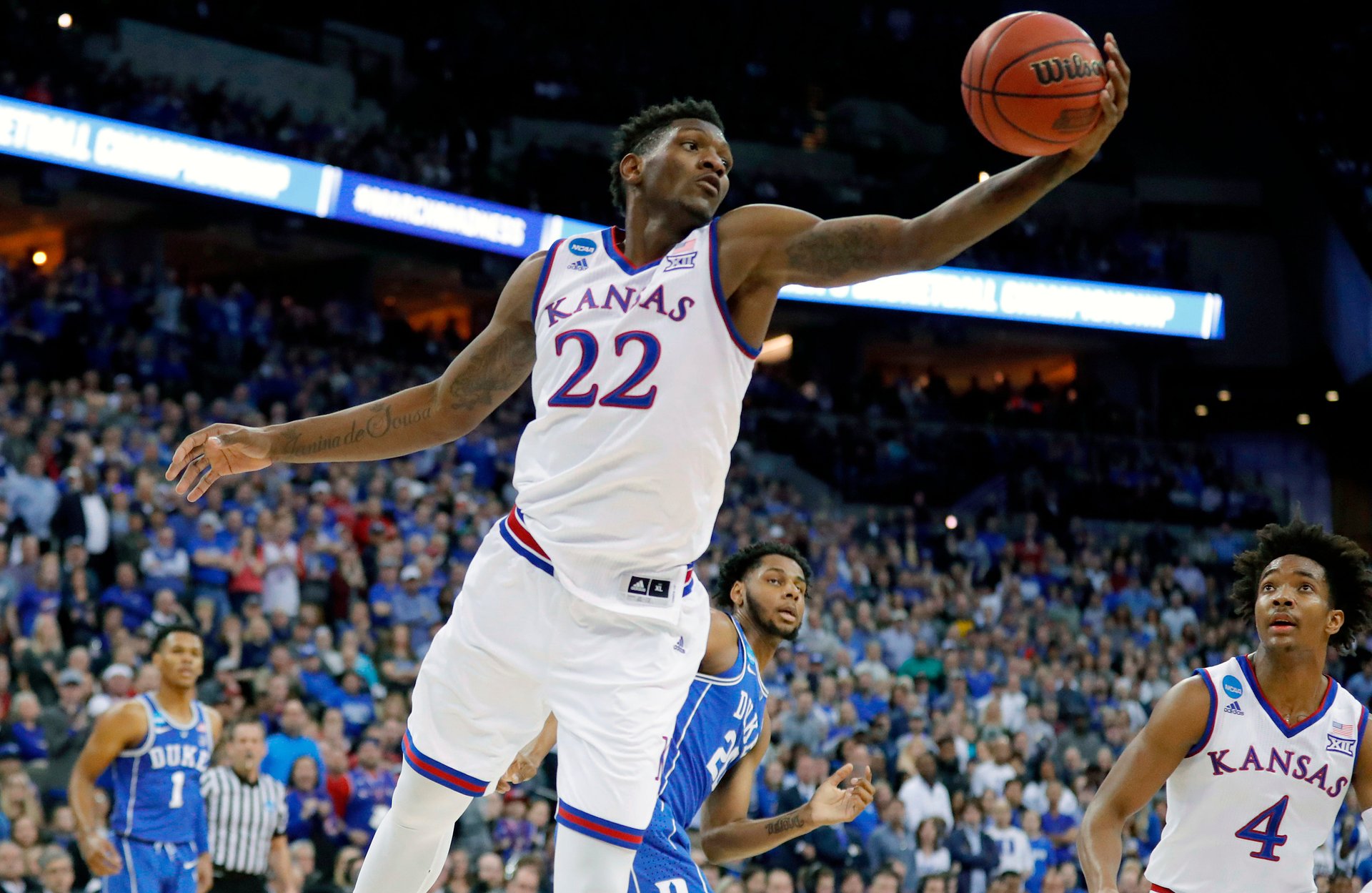The court battles between Adidas and Skechers are turning ugly
On the same day that a US appeals court upheld Adidas’s right to bar Skechers from selling what Adidas says is a knockoff of its Stan Smith sneaker, Skechers threw the first punch in a new legal fight.


On the same day that a US appeals court upheld Adidas’s right to bar Skechers from selling what Adidas says is a knockoff of its Stan Smith sneaker, Skechers threw the first punch in a new legal fight.
The sneaker company, known for its comfy leisure sneakers, has accused Adidas of hurting the Skechers brand through underhanded dealings in college basketball.
The new suit refers to the recent bribery scandal involving Adidas executive Jim Gatto and an Adidas consultant named Merl Code. Federal prosecutors have indicted Gatto, claiming he worked with Code and others to funnel money to the families of former players at two Adidas-sponsored colleges, Kansas and NC State. The payments were allegedly meant to buy commitments from the players to attend those schools, and to ensure the players signed with Adidas once they turned pro.
In its suit, Skechers said these payments “denied competitors like Skechers who play by the rules a fair opportunity to compete for the cachet of having trend-setting high-school and college athletes seen in their products, effectively blocked Skechers and other companies from competing on a level playing field for young, NBA-level endorsers, and unfairly bolstered consumer perceptions of Adidas’s overall brand quality and image well beyond the basketball footwear market.”
Skechers, a brand generally more associated with moms doing errands than with basketball, may not leap to consumers’ minds as a competitor to Adidas’s and Nike’s dominance on the court. But it points out that it has signed the players Jamal Crawford and Josh Smith, and has deals with retired stars, including Kareem Abdul-Jabbar. Skechers claims that Adidas’s actions have forced it to increase its advertising spending to keep up, and led to lost sales and profits. It’s seeking ”recovery of Adidas’s ill-gotten profits” and damages.
Meanwhile, Adidas, which says (paywall) the suit is “frivolous and nonsensical and should be summarily dismissed,” just notched a separate win against Skechers. Since 2015 it has been battling to ban Skechers from selling its Onix shoe, which Adidas—and others—believe is a blatant copy of the classic Adidas Stan Smith. A US appeals court agreed yesterday (May 10), ruling that Skechers’ shoe is too similar, and that there is evidence the company intended to confuse shoppers. (Skechers has said it doesn’t comment on pending litigation.)
The ruling wasn’t all bad for Skechers. The court also reversed an injunction barring it from selling its Cross Court shoe, which Adidas wanted off the market because the materials on the upper create the look of three stripes on the side, an Adidas trademark. The court decided that Adidas didn’t prove it would suffer irreparable harm from Skechers selling the shoe.
Adidas said in a statement that it will “not stand by and allow others to blatantly copy our products,” and that it intends to bring “a complete end to Skechers’ pattern of unlawful conduct” when the companies go to trial.
History suggests this won’t end anytime soon, though. As a judge pointed out in a previous ruling in this case, Adidas and Skechers have been fighting over Skechers’ alleged infringement of Adidas’ trademarks since 1995.